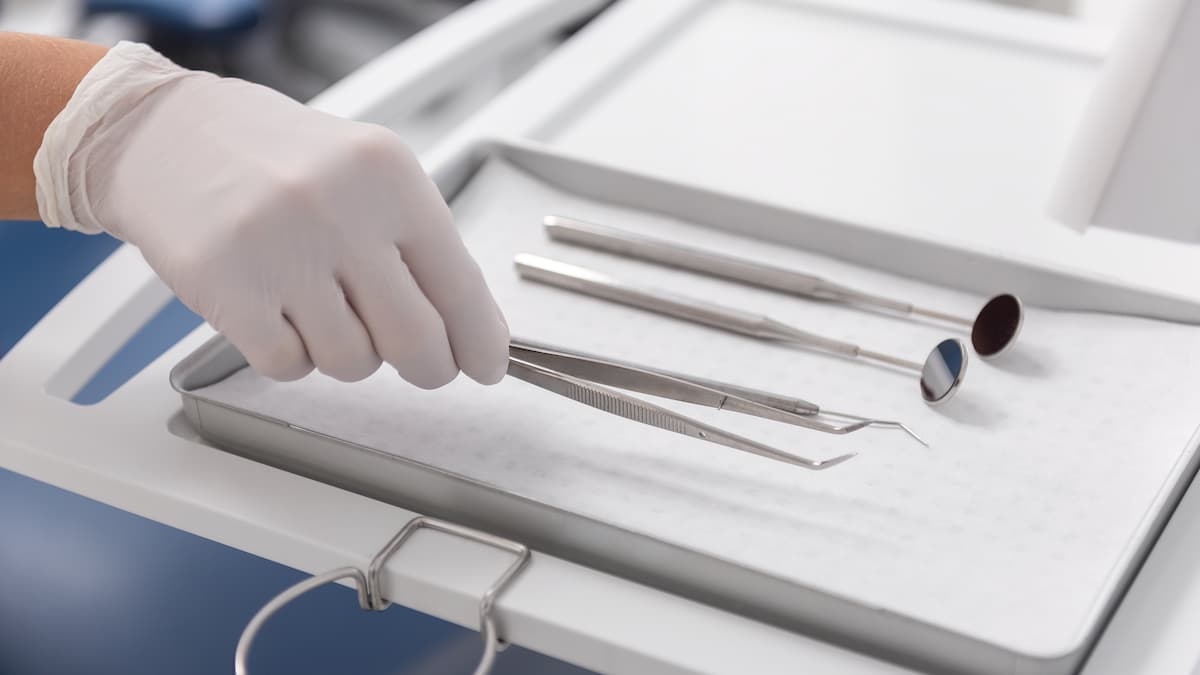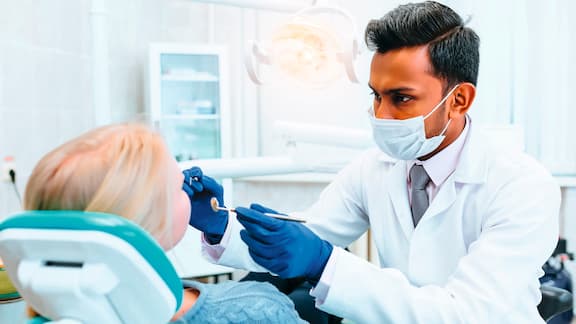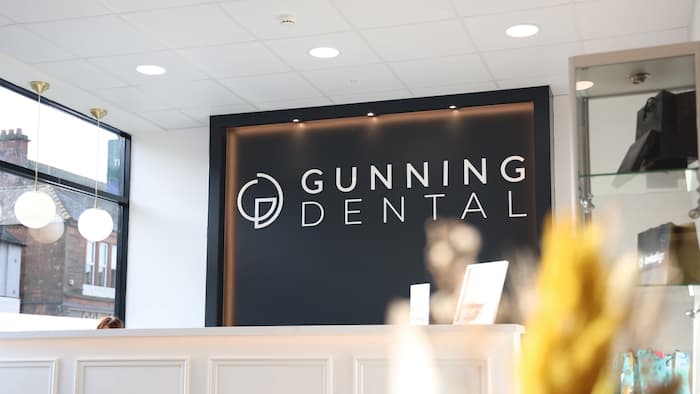
CQC standards in dentistry and the key steps to achieve them
What is the role of the CQC?
The CQC’s authority is derived from the Health and Social Care Act 2012 and is responsible for monitoring, inspecting, and regulating care services to ensure they meet the required standards of quality and safety. Within the dental industry, it is responsible for maintaining a register of providers undertaking regulated activities in England.
Inspections are usually announced (two weeks’ notice is normally given) and focus on high-risk areas. Throughout the process, inspectors will communicate with the practice so they know what to expect on the day. Unannounced inspections tend to occur if there are concerns about the practice or if it is in response to a specific issue. Services are inspected to find out whether or not they are safe, effective, well-led, caring, and responsive to people’s needs. This involves speaking to patients about their experiences, as well as talking to staff and checking the systems and processes used with the practice. Non-compliance is taken seriously and practices that fail to uphold standards may be issued with a fine or a formal warning, and in extreme cases the CQC will take action to close the dental surgery down.
How to ensure a safe dental practice
One of the requirements by the CQC is to ensure your dental practice adheres to health and safety standards; and part of this protocol is infection prevention. The CQC code of practice states:
“Effective prevention and control of infection must be part of everyday practice and be applied constantly by everyone. Good management and organisational processes are crucial to make sure that high standards of infection prevention (including cleanliness) are developed and maintained”.
As part of this, you should have an effective infection prevention and control (IPC) policy in place which should be relevant to the practice, accessible to all staff, and updated regularly. It should also include the following:
- Specific requirements for higher risk procedures
- Staff training requirements and frequency of training updates
- The use of personal protective equipment (PPE) including training of staff on use and disposal
- Responsibilities of cleaning specific clinical equipment
It’s recommended that an IPC lead should be allocated to have overall responsibility for infection prevention and control and the authority to implement change when necessary. An audit programme should be in place so policies and procedures are effective and up to date and evidence any issues identified and how they have been handled should be recorded. Additionally, there should be a cleaning schedule in place to cover general cleaning including high frequency touch items such as doorhandles, keyboards, and light switches.
Why the equipment you use is important
When assessing infection prevention, the CQC will look at your premises and equipment, and follow this in accordance with the Health and Social Care Act 2008 (Regulated Activities) Regulations 2014: Regulation 15. This highlights that premises and equipment should be kept clean and hygienic to prevent any risk of infection. It should also be suitable for the intended purpose, maintained, stored securely, and used properly. Practises that are in breach of these requirements may face regulatory action. Therefore, choosing the right professional equipment for your practice is vital as not only does it help bring reassurance that appliances will be compliant but it will also provide added value such as fast turnaround times when cleaning instruments and minimal downtime due to durability.
At Miele Professional, we’ve been working closely with dentists and instrument manufacturers for over 50 years to develop a range of solutions that can be relied upon for years to come. Whether that’s washer-disinfectors to thoroughly process even the most hard-to-clean instruments or washing machines and dryers to launder uniforms hygienically – and everything in between. To support our quest for quality, we also have a team of service technicians available to get your machines up and running again if any issues should arise.
To learn more about our solutions for dentists, please visit: https://www.miele.co.uk/p/dentists-3892.htm


